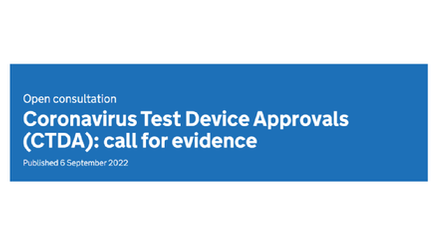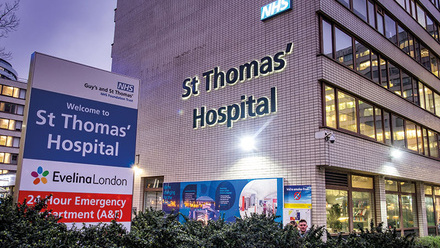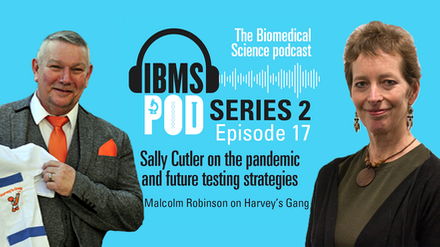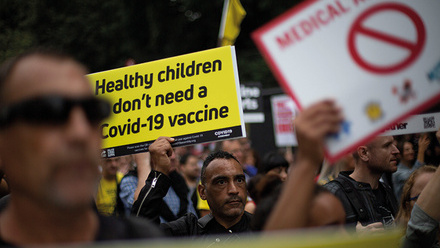COVID-19 testing: a four point plan for the next stage strategy
Change is now required to ensure that the UK fully utilises the world class resources within our extensive network of accredited NHS laboratories and maximises the benefits of using expert and regulated scientific staff.
The government’s sampling/testing strategy for the wider population has focussed on the creation of additional capacity through the establishment of pop-up mass testing centres.
The IBMS has identified three key areas that need to be addressed going forward:
- The creation of this parallel system has proved counter productive and created competition for reagents and plastics and the underutilisation of staff and instruments in both systems.
- As a profession, we are concerned by the lack of accreditation and sustainability of the mass testing centres, the use of unregulated, volunteer staff and the risk to the quality of outcome.
- By-passing the significant testing resource that exits within NHS pathology networks and their laboratories and the existing local infrastructure to get samples to them, the creation of the remote drive-through sampling centres has created a major accessibility barrier to the people who need quick and local testing most – frontline staff in health and social care and their families.
The IBMS proposes a four point plan for the next stage testing strategy:
- As we move beyond the first wave of the pandemic, the UK government, in consultation with the professional bodies for pathology services and other key stakeholders, articulate a clear strategy, based on modelling, for virus testing, antibody testing and how “test, trace and isolate” should be carried out. This will enable the NHS pathology network services to plan and flex capacity for the next phase of our response to the pandemic.
- NHS pathology networks should focus on their response to the next stages of the pandemic; serology testing, “test, trace and isolate” and the next surge of infection. The resources to deliver testing for the virus and antibody testing exist within NHS laboratories as does the infrastructure to take the samples, transport them for testing and report them on existing IT systems.
- A model for future delivery of COVID-19 testing should concentrate testing resources onto a limited number of mass testing molecular laboratories within existing NHS pathology networks across the UK with sufficient capacity to expand quickly in the event of a second wave of this pandemic or future pandemics. This model would have inbuilt expansion options by utilising capacity in other NHS pathology networks with more limited molecular testing capacity.
- This renewed focus on NHS diagnostic and clinical laboratory services would maximise the capacity and expertise of the UK pathology community and hold in reserve a strengthened and more formal partnership arrangement with the new Department of Health laboratories with regulated, expert biomedical scientists embedded in the new centres to ensure the quality of standards and procedures in a model similar to the ‘Nightingale’ hospitals for COVID-19 patients.
The IBMS continues to champion the vital role our members are playing in the response to the coronavirus pandemic. Biomedical scientists and NHS laboratory staff stand ready to play their part in delivering a new testing strategy to take us through the exit from lockdown.
This statement has been sent to all major media outlets and MPs





